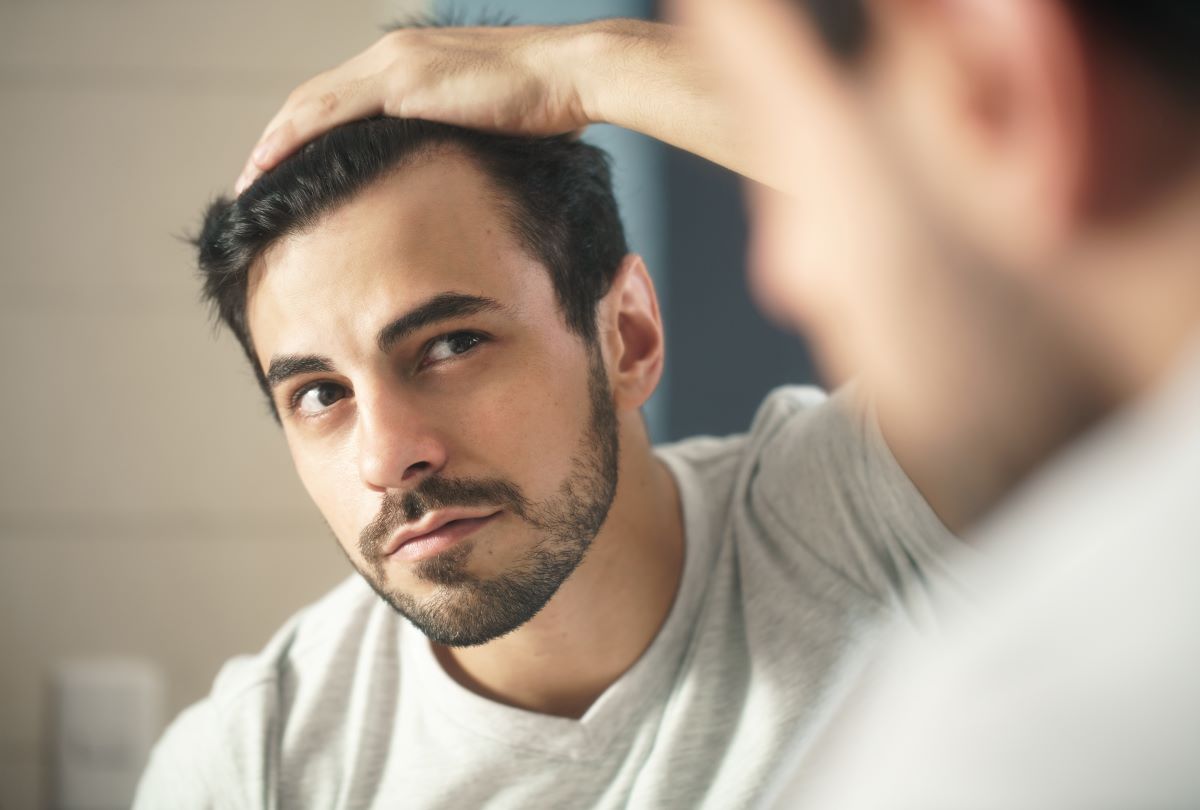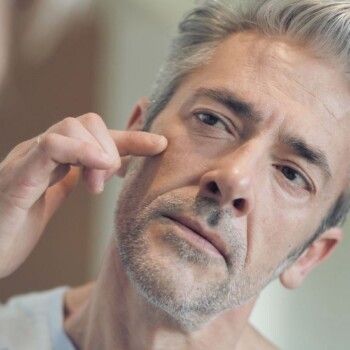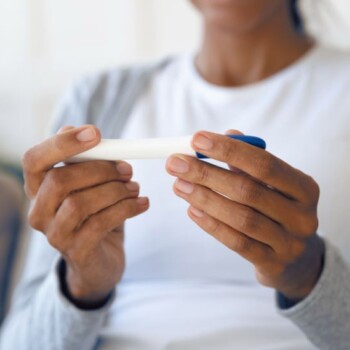Article Summary
The article discusses the causes of hair loss, including Androgenic Alopecia (AGA), poor nutrition, stress, and medications. It also covers FDA-approved treatments like Finasteride and Minoxidil, as well as compounded solutions like Ketoconazole and Minoxidil fortified with Finasteride, offered by Empower Pharmacy.Hair Loss – “Androgenic Alopecia”
Male and Female Pattern Baldness, also known as “Androgenic Alopecia”, is the most common cause of hair loss and will affect up to 70% of men and 40% of women at some point in their lifetime. Men typically present with hairline recession at the temples and hair loss on the upper surface of the head, also known as vertex balding. Women typically present diffuse, or scattered, thinning of the hair over the top of their scalps. People who suffer from this type of hair loss have an underlying sensitivity to “hair follicle miniaturization” due to androgenic hormones.
Causes of Hair Loss
There are many causes of hair loss. Causes include certain diseases, chemical exposure, or drug use. The most common causes are:
- Androgenic Alopecia (AGA) – More than 95% of hair loss in men is due to this condition. Women can also be affected by this common type of hair loss.
- Poor Nutrition – Usually complete baldness is not seen in people with nutritional deficiencies, thinning of the hair is more common. Studies show that limited food intake and deficiencies in certain nutrients can cause thinning. These include deficiencies of biotin, amino acids (protein), zinc, and iron. Consuming a diet high in animal fat, such as fast food, can also have a negative effect on hair loss.
- Stress – Stress has been shown to restrict the blood supply to capillaries which prevents oxygen and nutrients from reaching the hair follicle which can prevent hair growth. This effect is similar to having poor circulation.
- Medications – Some medications can cause hair loss, especially medications that affect hormone levels. These medications include contraceptive pills, some forms of hormone replacement therapy, anabolic steroids, and acne medication. Other medications that can have an effect on hair loss include those for blood pressure, diabetes, heart disease, and cholesterol.
FDA Approved Treatments for Hair Loss
There are currently two treatments approved by the FDA for treatment of miniaturization of hair-follicles from AGA.
Finasteride (Propecia®) – The American Hair Loss Association notes finasteride is a prescription oral treatment for male pattern baldness. It reportedly reduces the active levels of DHT in your body to prevent miniaturization of hair follicles. Women should not take oral finasteride due to its risks. In addition, many men who are prescribed finasteride to be taken orally by tablet experience significant side effects which may reduce quality of life. These side effects may include loss of libido, erectile dysfunction, hypogonadism, gynecomastia, and sexual dysfunction.
Minoxidil (Rogaine®) – An over the counter topical treatment that has been used since the 1990’s to treat baldness in men and women. It reportedly promotes new hair growth by increasing cutaneous blood flow to shrinking hair follicles. This may cause follicles in the telogen phase to shed, which are then replaced by thicker hairs in a new anagen phase. It is generally recognized as safe and can be effective by itself if used during the early onset of alopecia.
Compounded Hair Loss Solutions
Other medications are can be effective for the treatment of alopecia when applied directly to the scalp. Empower Pharmacy offers compounded formulas that combine FDA approved medications and alternative therapies creating a custom product that may treat, prevent, and reverse hair thinning and loss due to AGA.
Ketoconazole – Ketoconazole, an anti-fungal medication, can also be effective in stimulating new hair growth for sufferers of AGA. DHT is the hormone responsible for shrinking hair follicles in people who have this condition. In addition to killing fungi, ketoconazole is also helpful in countering the effects of DHT.
Minoxidil fortified with Finasteride – Finasteride acts by reducing DHT levels, thereby inhibiting miniaturization of hair follicles in patients with AGA. Oral finasteride may be associated with side effects such as decreased libido, sexual dysfunction, and gynecomastia. Scalp-applied topical finasteride can be considered for hair density maintenance after initial improvement with oral finasteride, thereby obviating the indefinite use of oral finasteride. Topical finasteride may absorb less systemically than oral finasteride, therefore reducing the side effects associated with oral finasteride.
Latanoprost – A double-blind scientific study published in the May 2012 issue of the Journal of the American Academy of Dermatology has found that latanoprost, a drug that mimics naturally-derived compound molecules called prostaglandins, significantly increases hair density on the scalp after 24 weeks of treatment in young men with mild hair loss. Latanoprost, like the eyelash restoration drug bimatoprost (better-known by its brand name Latisse), has been used to treat glaucoma. And like bimatoprost, latanoprost has been used to treat eyelash alopecia. The scientists who conducted the study sought to determine if latanoprost could stimulate hair growth when applied topically on the scalp.[1]
Azelaic Acid – A naturally occurring substance found in whole grains that contains a mild antibiotic designed to reduce harmful bacteria from the skin. It is also said to be a potential inhibitor of 5-alpha-reductase in human skin. A reduction of this enzyme reduces the amount DHT in the body and therefore can have a similar effect to finasteride; the active ingredient in the FDA approved oral hair loss solution Propecia.
Empower Pharmacy’s Hair Products
Hair Restore Lite Scalp Solution – 60 mL Dropper Bottle of Minoxidil / Azelaic Acid 5/12.5%
Hair Restore Ultra Scalp Solution – 60 mL Dropper Bottle of Minoxidil / Azelaic Acid / Finasteride / Ketoconazole 5/12.5/0.1/2%
- J Am Acad Dermatol. 2012 May;66(5):794-800. A randomized double-blind placebo-controlled pilot study to assess the efficacy of a 24-week topical treatment by latanoprost 0.1% on hair growth and pigmentation in healthy volunteers with androgenetic alopecia. Blume-Peytavi, Lönnfors S, Hillmann K, Garcia Bartels N.




